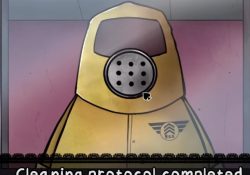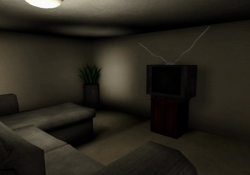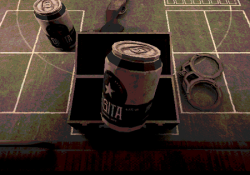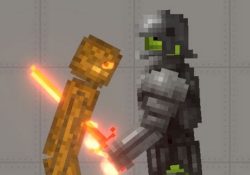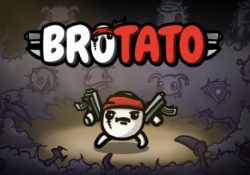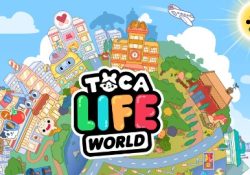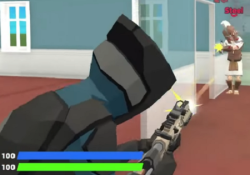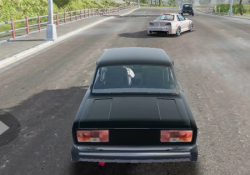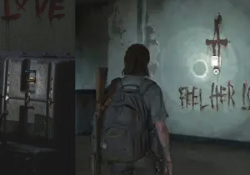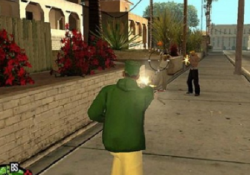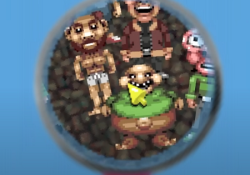Schedule 1 is a gritty urban simulation game that puts the player in the role of a small-time dealer entering the fictional, crime-infested city of Hyland Point. Starting with nothing—no contacts, no product, and no cash—the player must navigate a criminal underworld to build a drug empire from the ground up. The experience blends open-world exploration, management, crafting, and combat, offering a layered look at underground economics. Every decision carries risk, from who you trust to how you move product through the city’s hostile streets.
Crafting, Production, and Distribution
The core of the gameplay revolves around manufacturing and selling a range of illicit substances. Each drug type comes with its own production process, requiring different ingredients, equipment, and time to synthesize. Advanced players can discover hidden recipes to create new variants with altered effects or higher street value. As your business grows, you move from manual production to automated operations with hired specialists, facilities, and upgraded supply lines.
Types of mechanics players engage with:
- Raw material acquisition from suppliers
- Recipe discovery and drug variant creation
- Building and managing production labs
- Distributing to street-level clients and wholesale dealers
- Scaling to automated, multi-property operations
Navigating the City and Expanding Control
Hyland Point is a fully explorable environment with distinct districts and high-risk zones. Players can walk, skate, or drive through its alleys, suburbs, and industrial zones. Each neighborhood has its own demand levels, dealer networks, and police presence. To maximize income, players must move strategically, choosing which areas to dominate and when to back off to avoid heat. Hiring street dealers for specific regions allows for semi-automated distribution while keeping the player’s identity under the radar.
In addition to distribution, players can acquire properties—warehouses, storefronts, labs—to centralize and expand their business. Managing these assets efficiently is key to avoiding exposure and maintaining supply flow. Every new corner you claim adds complexity, requiring logistical planning and resource balancing.
Conflict and Survival
With success comes danger. The deeper your operation gets, the more attention you attract from both rival cartels and law enforcement. Random events, ambushes, and police raids become more frequent as your notoriety rises. Players can defend themselves with melee weapons, improvised gear, or firearms, depending on available resources and allies. Combat is a necessary survival skill, but it’s also a risk—violence can draw more heat, trigger investigations, or cause you to lose assets.
Beyond combat, you’ll have to navigate street-level politics and cartel pressure. Bribes, intimidation, alliances, and betrayals shape the underworld economy. Players can build temporary alliances with gangs or crush competitors, but each action comes with long-term consequences. Balance becomes essential—grow too fast, and the system will crush you. Stay too small, and you’ll be erased.
Multiplayer and Long-Term Strategy
Schedule 1 also supports cooperative multiplayer, where players can build and manage their empire together. This introduces new dynamics, from shared resources to task delegation. One player might focus on logistics while another handles street operations or defense. In larger sessions, teams can even compete for control of Hyland Point’s limited market space, turning the city into a live turf war.
As the empire grows, so does the need for management. Hiring staff, optimizing routes, and keeping a low profile become full-time tasks. Experienced players shift from hands-on dealing to high-level strategy, creating an economic network capable of running with minimal supervision. The game’s systems are built to reflect a progression from survival to dominance—provided you can outsmart the law and outgun your enemies.



